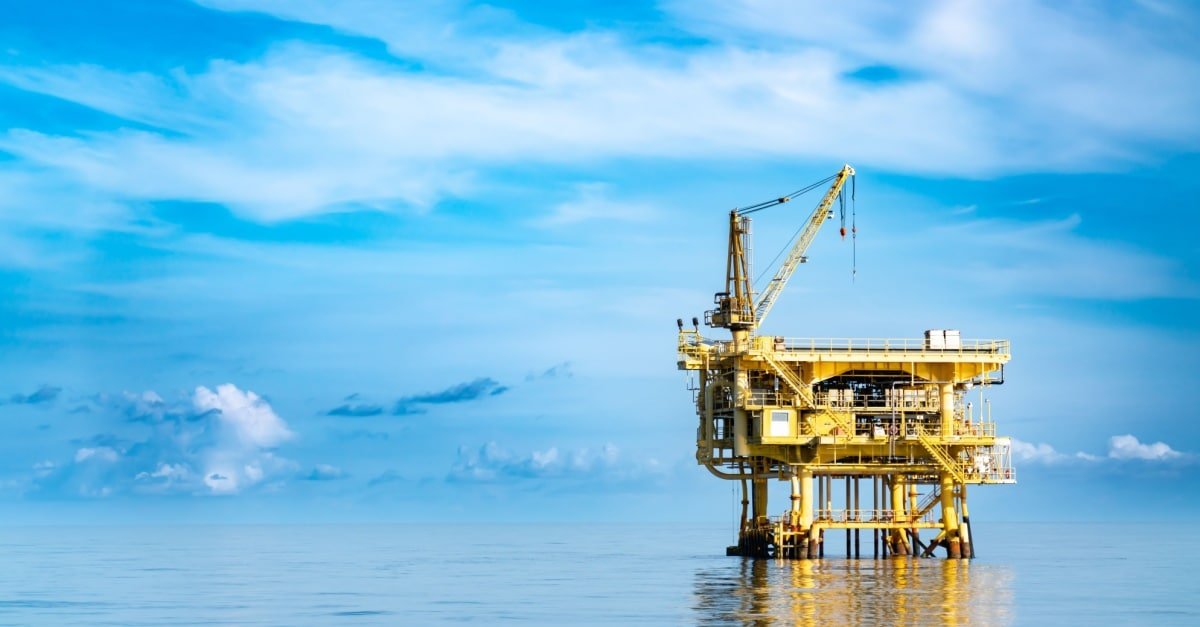
Maritime Row Slows Energy Growth, Says DOE
- July 21, 2025
Ongoing disputes in the West Philippine Sea are discouraging foreign investment in the country’s energy sector, Energy Secretary Sharon Garin warned, as tensions with China continue to cast uncertainty over exploration projects in Philippine waters.
“No investor will risk millions or billions of pesos when they are not sure it’s a secure investment,” Garin said in Filipino during a press briefing on Tuesday, July 15.
Garin noted that even Malampaya, located within the area claimed by China under its nine-dash line, must be continuously monitored by the Philippine Coast Guard and military to safeguard its operations.
“That’s a major activity and a major investment. If you’re in a disputed area or near it, legitimate investors will shy away from that,” she added.
The Philippines has been eyeing offshore oil and gas reserves as part of its strategy to reduce reliance on energy imports and strengthen national energy security. However, repeated maritime incidents involving Chinese vessels in contested waters have raised alarms over the viability and safety of pursuing these vital projects.
(Also read: Securing a Stable Power Supply Crucial for Lowering Electricity Prices in the PH)
New wells could supply power for a decade
Despite growing security concerns in the West Philippine Sea, the government remains hopeful that ongoing efforts to expand the Malampaya natural gas field will secure the country’s power supply beyond President Marcos’ term in 2028.
Garin said drilling at three new wells—Camago-3, Malampaya East, and Bagong Pag-asa—is expected to yield initial results by late 2026. If successful, the added supply could generate electricity for up to a decade.
Malampaya, the country’s first and only indigenous source of natural gas, has been operational since 2002 and currently supplies around 20% of Luzon’s electricity demand.
(Also read: How to Cut the Country’s Electricity Prices, According to Experts)
Investors eye the Philippines amid high costs and security risks
While the Philippines is attracting strong interest from foreign investors, Garin acknowledged that exploration for new natural gas reserves remains an expensive undertaking.
Garin mentioned that full-scale exploration and development could require an investment of around $43 billion. Despite the hefty price tag, she noted that firms from Australia, Israel, the United States, and the United Arab Emirates (UAE) have shown strong interest in entering the Philippine energy market.
“I think they see a great investment opportunity, not just the opportunity, but the business climate we have also made it a good time to come in,” Garin shared. “So they saw that we have the right policies and leadership to invest $43 billion.”
Sources:
https://www.rappler.com/business/west-philippine-sea-dispute-cost-potential-energy-investments/
https://www.bworldonline.com/the-nation/2025/07/15/685480/scs-tensions-hinder-energy-projects/
https://pco.gov.ph/news_releases/doe-new-malampaya-wells-may-power-grid-by-late-2026/
https://malampaya.com/malampaya-exceeds-export-capacity-as-luzon-grid-placed-on-alert-status/

